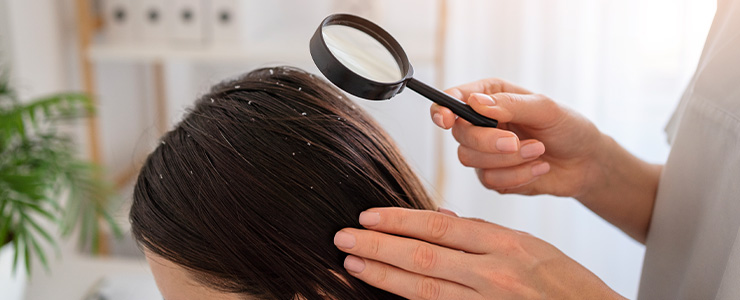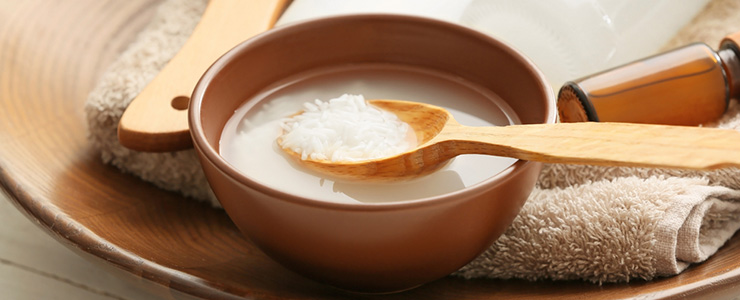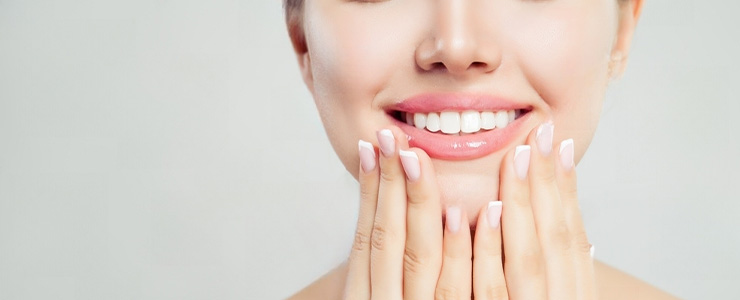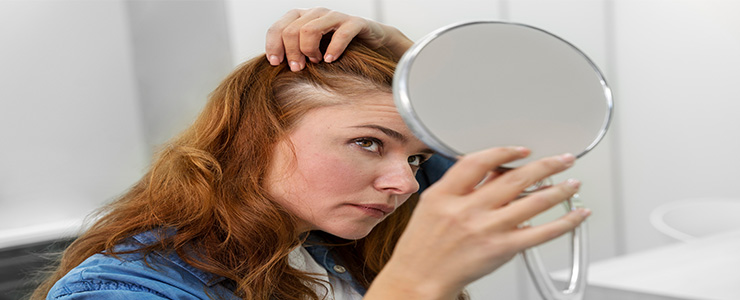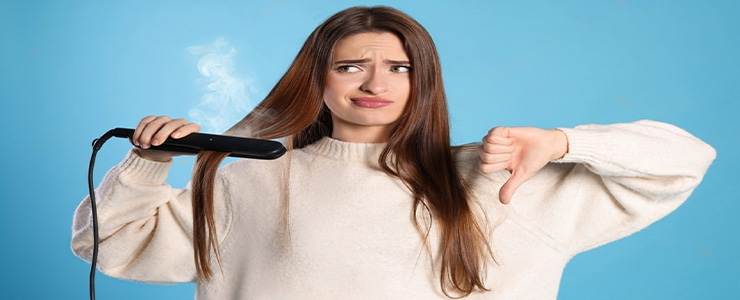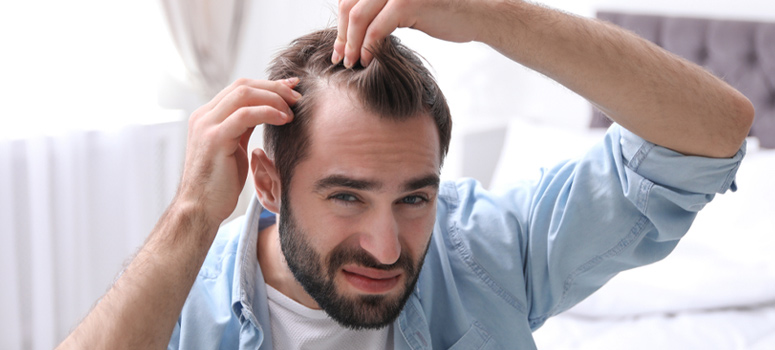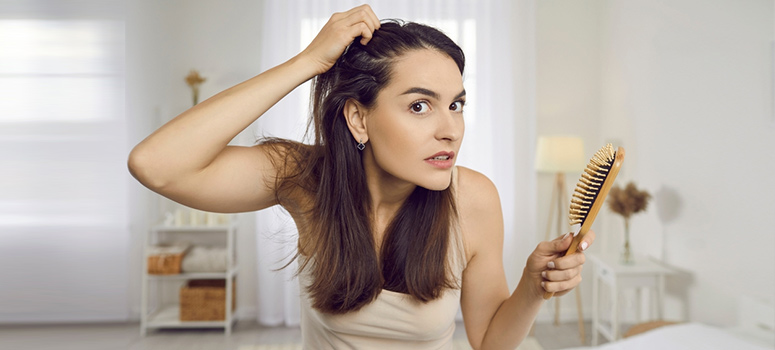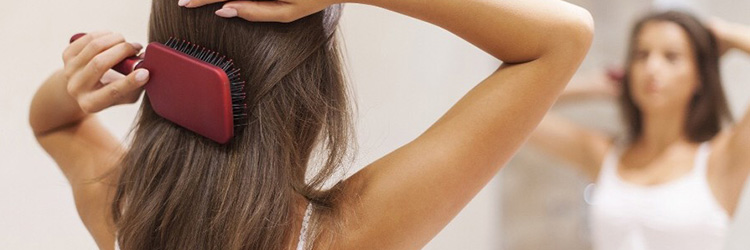What is dandruff? Dandruff is a typically encountered case of the skin on your head that has dead skin cells sloughing off from the scalp. This is caused because of the faster turnover of the cells of the skin which may produce white or yellowish flakes that are visible on the hair and shoulders. The underlying reason is most of the time the growth of a yeast-like fungus named Malassezia. Although dandruff is harmless but extremely troublesome, dandruff could raise the itchiness problems. Many different kinds of shampoos and treatments can be used to control this problem.
Causes of Dandruff
Finding out what causes dandruff is very important. Successful scalp treatment requires an understanding of what is the reason for dandruff.
Malassezia Yeast
Hair dandruff is linked to scalp yeast Malassezia (a type of fungus). An infestation of this yeast can cause inflammation and accelerate scalp skin cell turnover. Increased stress, hormonal changes, and an abnormal immune system can increase Malassezia, worsening dandruff.
Overproduction of oil
Dandruff can also happen when the glands on your head make too much oil called sebum. By making more oil than it needs to, the scalp creates a climate where the yeast Malassezia can grow. This overgrowth can cause inflammation, yeast infections, and loss of skin cells, which ultimately results in dandruff.
Dry scalp
A dry scalp causes flakiness and dead skin cell loss, causing dandruff. Low humidity and cold conditions often cause this syndrome. This can make the dryness worse. People who want to fix this problem can use moisturizing products and drink enough water.
Treatment and Management of Dandruff:
Discover the essential methods for getting a healthier scalp and saying goodbye to annoying flakes with a basic understanding of what is dandruff.
- Moisturization: Take care of a dry scalp by drinking enough water and using hydrating shampoos.
- Speak with an Expert: For individualized care in cases that don’t go away, consult a dermatologist.
- Maintain Scalp Hygiene: massage your scalp lightly, wash your hair frequently, and use as little styling product as possible is helpful.
These techniques offer a road map to dandruff-free, self-assured life, from specialty shampoos to scalp hygiene.
Prevention of Dandruff:
To guide proper management, examine these preventive measures for better scalp health.
- Regularly Cleaning: Regularly bathing your hair and scalp with a decent shampoo is vital.
- Eating Balanced Meal: Keeping a balanced diet with all vital nutrients is necessary for good scalp health management.
- Stress Management: Reduce stress by using approaches that help reduce the number of things that can cause dandruff.
For better knowledge of what is dandruff and its prevention embracing good scalp cleanliness, a balanced diet, and stress management is crucial
Faq’s
Is dandruff contagious?
It is not contagious to have dandruff. It is a prevalent ailment of the scalp brought on by elements such as yeast, excessive oil, or scalp dryness. It can be controlled with a proper understanding of what causes scalp dandruff.
How can I distinguish between dandruff and a dry scalp?
Scraps of skin that might be whitish or yellowish are characteristic of dandruff, while a dry scalp lacks moisture, will be itchy, and will have small dry flakes. Knowledge of the distinction between dry, oily, and combination hair types guides in selecting the appropriate treatment like moisturizers and anti-dandruff solutions.
Can dandruff lead to hair loss?
Sustained dandruff-related itching and scratching can cause hair loss. Early dandruff treatment reduces scratching and eventually prevents hair fall.
Are there different types of dandruff?
Mainly dandruff differs in colour. Dry dandruff is mostly white whereas yellow dandruff represents oily scalp. For efficient treatment determining the kind of dandruff helps in customizing treatment methods for different individuals.
How often should I shampoo my hair to prevent dandruff?
It is suggested not to let dandruff be established at all. Thus, regular washing of the hair at least 2-3 times a week is very important. Selecting an anti-dandruff shampoo with gentle properties and adhering to sensible scalp hygiene will minimize the excessive oil production and therefore decrease the risk of dandruff.
Skin and Hair Academy’s website, Find a Dermatologist, provides an opportunity for you to consult the talented dermatologists who specialize in scalp and skin health. Because they bring a huge wealth of knowledge with them, they can create the best skin and even dandruff treatment advice. To ensure you have a healthy scalp and hair, take a stride towards better health care by seeking the insights of experienced dermatologists through this simple and reliable tool.
https://www.mayoclinic.org/diseases-conditions/dandruff/symptoms-causes/syc-20353850
https://www.medicalnewstoday.com/articles/152844
https://www.everydayhealth.com/dandruff/guide/
https:/www.welona.in/dandruff-symptoms-causes-effects-and-treatments/

